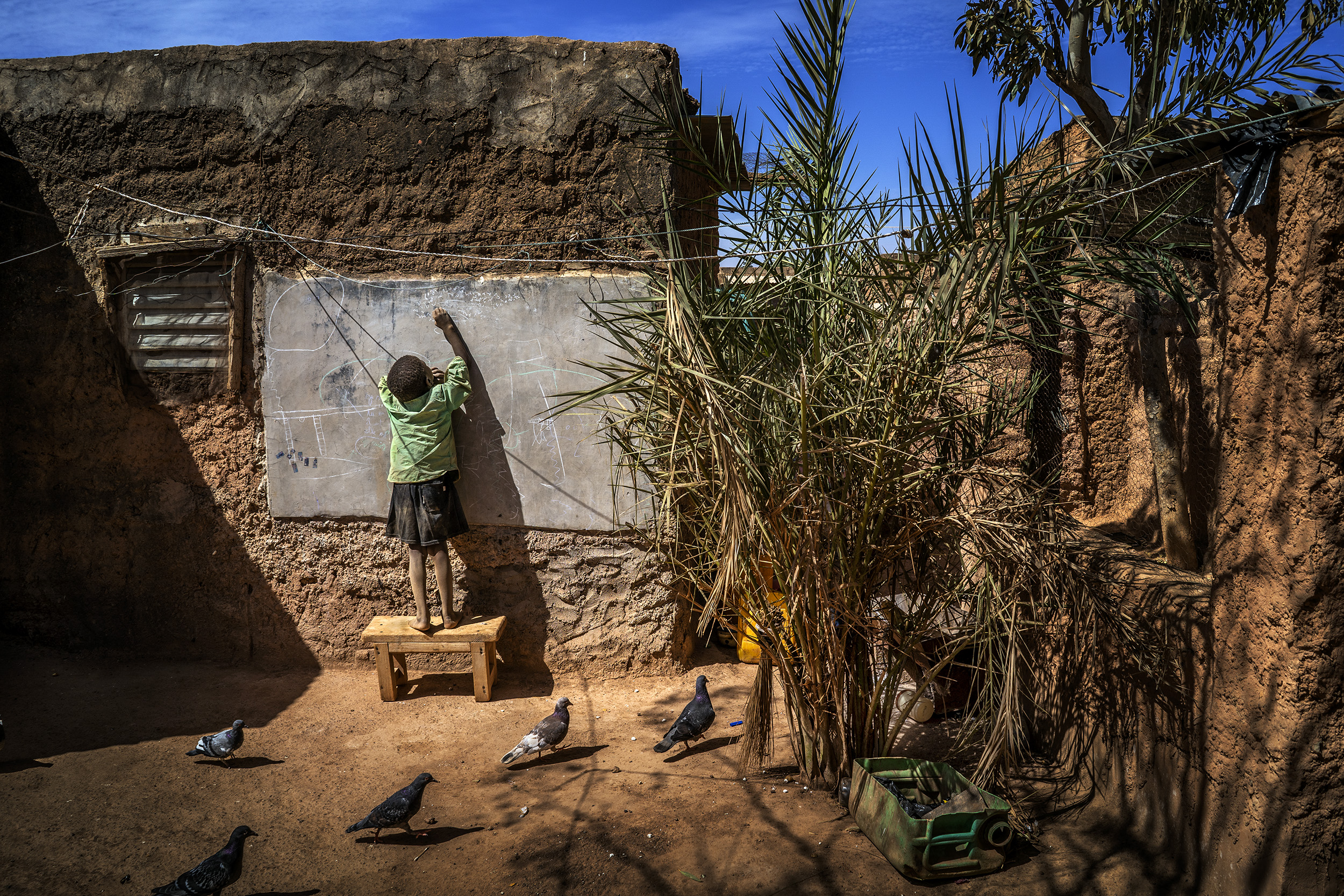
Roadmap for Research
A Collaborative Research Framework for Humanitarian Shelter & Settlements Assistance
The lack of systematic research and peer-reviewed publications in the humanitarian sector—particularly in shelter and settlements assistance—sheds light on the need for stronger relationships between humanitarian actors, research institutions, and donors to bring greater understanding of the experiences at the forefront of a crisis.
As illustrated in InterAction’s Wider Impacts of Humanitarian Shelter and Settlements Assistance, the shelter and settlements sector plays an influential role in all aspects of the affected population’s lives. This includes, but is not limited to, gender outcomes, physical and mental health, livelihoods, risk reduction, environment, protection, civic engagement, and social cohesion in communities affected by humanitarian crises.
To lay the groundwork for greater collaboration between humanitarian shelter practitioners and academics, InterAction, supported by USAID/BHA, heeded the call by developing the Roadmap for Research. The initiative focused on issues impacting humanitarian assistance, using a Shelter and Settlements lens, but could be translated to other sectors as well. It brought together humanitarian-focused academics and practitioners to identify key research gaps and issues requiring further investigation, proposing critical questions and methodologies for original empirical research. Subjects range from the inclusion of persons with disabilities, addressing diversity and sexuality, adopting an environmental health lens, and integrating geoscience and communities’ hazard knowledge. The 18 chapters featured in the publication are a result of a collaboration of 75 researchers and practitioners from over 40 organizations.
These research topics and more are detailed in InterAction’s new report: Roadmap for Research: A Collaborative Research Framework for Humanitarian Shelter and Settlements Assistance.
We hope that the Roadmap for Research encourages further systematic and sustained collaboration of academic-practitioner-donor communities, generates knowledge, and helps improve policies. Above all, we hope the report results in practical action that make a real difference in the lives of those affected by humanitarian crises. To realize this, affected communities must play a central role in co-developing their own solutions and not just a partner in the deployment of solutions. The humanitarian community must also be open to inclusive, unconventional, and multidisciplinary approaches to our practice, informed by local stakeholders that understand their realities best.
For more information, contact Mohamed Hilmi, InterAction’s Senior Technical Specialist for Shelter.








